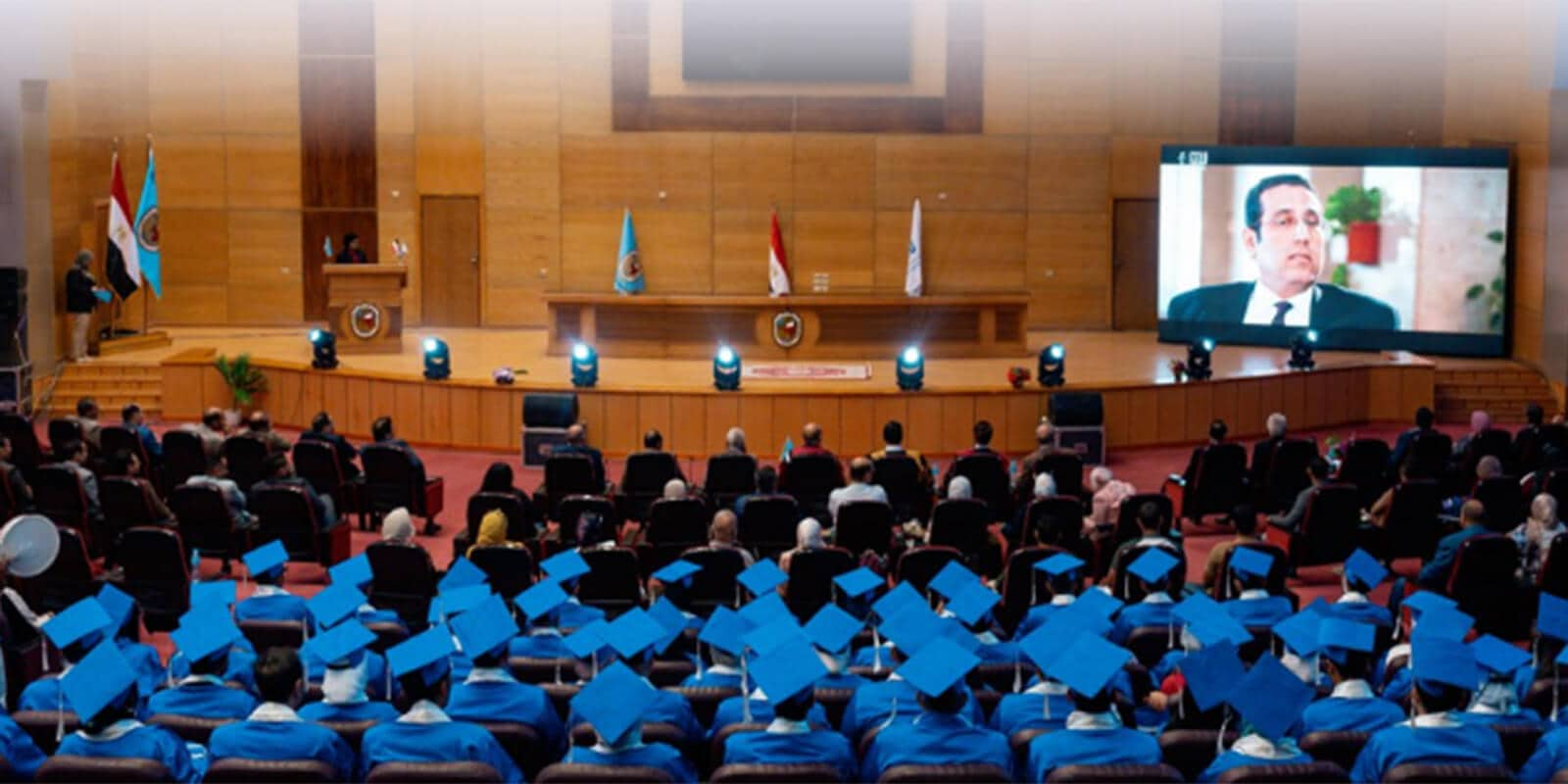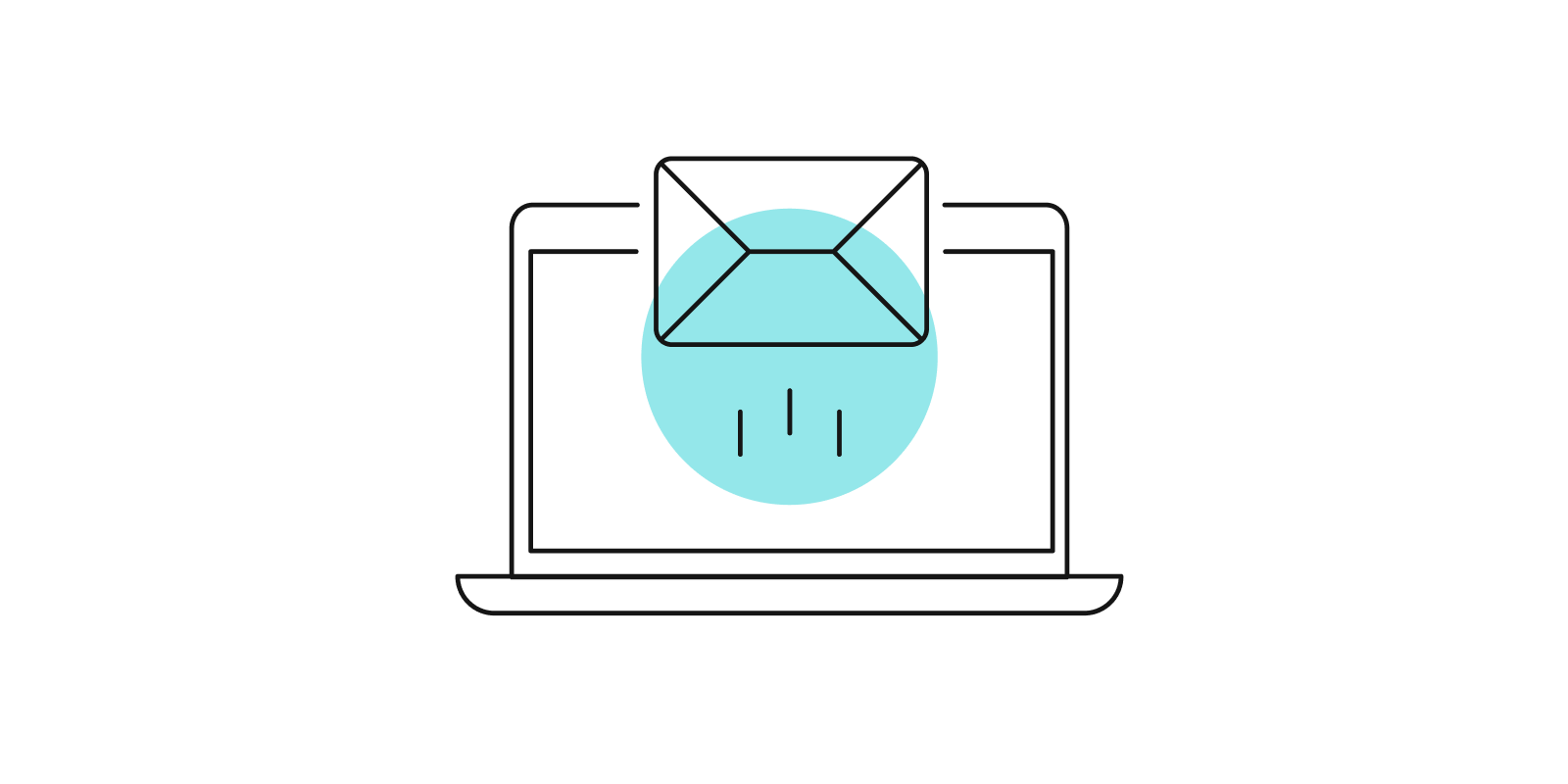
How unlimited information actually limits learning

Once, students looking to supplement their knowledge of a topic had to rely on the limited selection of books in their college library. Today, college students have nearly unlimited information at their fingertips. But does more information always equal better learning?
A number of recent research studies suggest that in fact, providing students with a more limited set of high-quality resources chosen specifically for the course can lead to better outcomes than when students supplement their knowledge using the internet.
It’s true that there is a large amount of high quality information available online, on nearly every topic imaginable. It’s also true that searching, assessing, filtering, and making use of online resources are valuable 21st-century skills. So it’s understandable when higher education courses call for students to look online for sources to cite, or to supplement their knowledge of the course subject.
But that’s just the thing: finding information online and judging its reliability are skills in themselves. This complicates learning, because:
- not all students in the course will have those skills to the same degree
- they’re not usually the skills the course is teaching (or assessing)
Reliable, or just familiar?
As you may expect from a group of people who have largely grown up with the internet, higher education students know that not everything they find online is reliable. They do think about the origins of the information they find, and judge whether they are credible.
However, students don’t always know how to make these kinds of judgments accurately.
In one 2020 study, higher education students were provided with several items from different sources and prompted to write about the items’ perspectives. More than 2 in 5 of the students (41%) assumed that certain items were credible because they recognized the source.1 They thought they were judging the reliability of the information, but were really rating the familiarity of the sources.
Another study, also published in 2020, asked economics students to use a search engine to investigate the truth of several claims. Again, these students ended up relying heavily on sites they were familiar with, rather than truly valid or reliable sources. Perhaps unsurprisingly, one of their most cited sources was Wikipedia.2
Of course, not all students make the same mistakes. For example, a 2017 study found that students who score higher for reading comprehension are also more likely to find relevant, valid results when using search engines.3 Students with previous experience of searching for academic sources may also be more accurate judges of the information they find.
But this presents another challenge to learning. It means that in courses that ask students to supplement their subject knowledge by searching the internet, those with lower reading comprehension and less academic experience are at an unfair disadvantage.
Best use of effort
Even with sophisticated search engines, sifting the vast quantities of information on the internet for relevant sources takes time and effort. So does assessing the reliability of each source.
These activities also add to students’ cognitive load: the amount of brainpower needed to complete a task.
Students’ time, effort, and cognitive load are all finite resources. What they expend on finding and assessing sources, they aren’t using to actually increase their knowledge.
All of this means that providing students with a hand-picked suite of high quality resources, chosen specifically for the course, is better for learning than leaving them to find their own online.
Providing learning resources as part of the course levels the playing field. Students with different levels of reading comprehension and academic experience will all have equally valid, reliable materials to learn from.
And because students tend to trust material provided as part of the course, they won’t use up time, effort, or cognitive load gauging whether the material is reliable.
All in one
This isn’t a call to send students back to the college library. Even if the world wide web isn’t the best environment for learning, there are still clear benefits to digital learning.
In fact, digital platforms allow us to free up even more of students’ cognitive load for learning: by providing suites of reliable resources under the same roof as learning and assessment.
_____________________________________
Sources
1 Banerjee, Zlatkin-Troitschanskaia, & Roeper, 2020
2 Nagel et al., 2020
3 Hahnel et al., 2017



